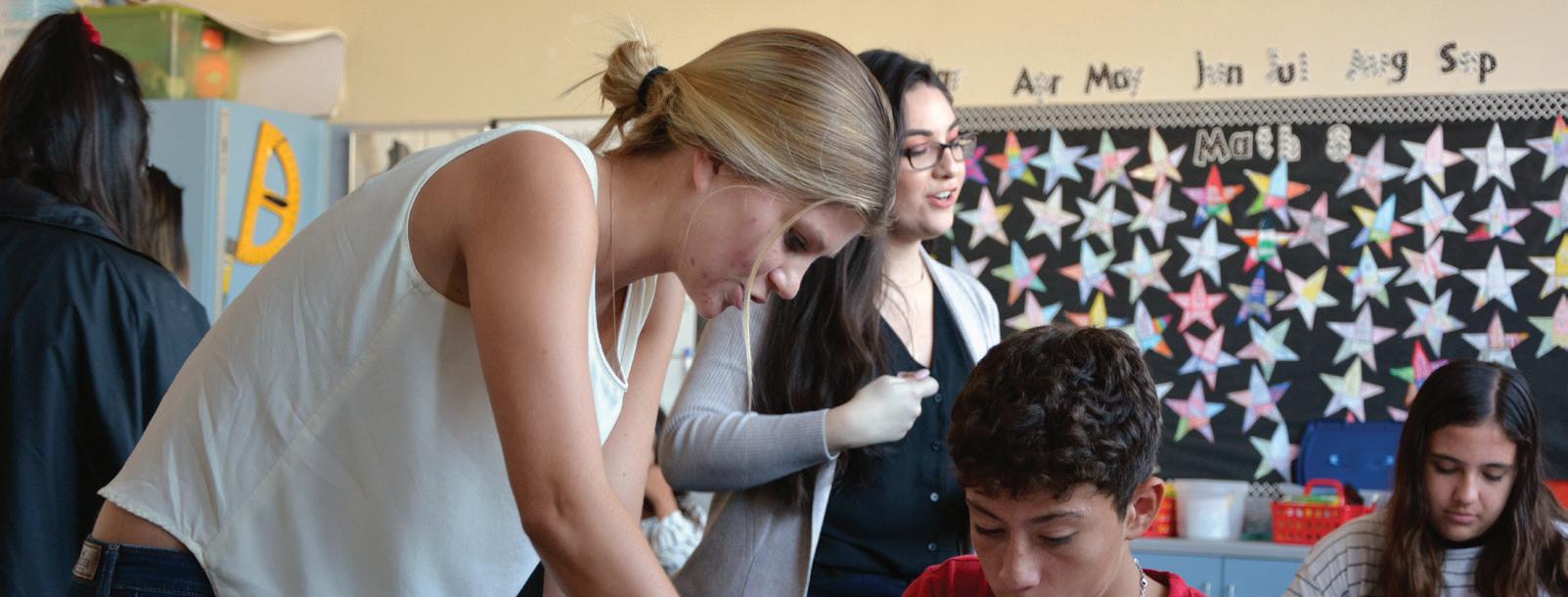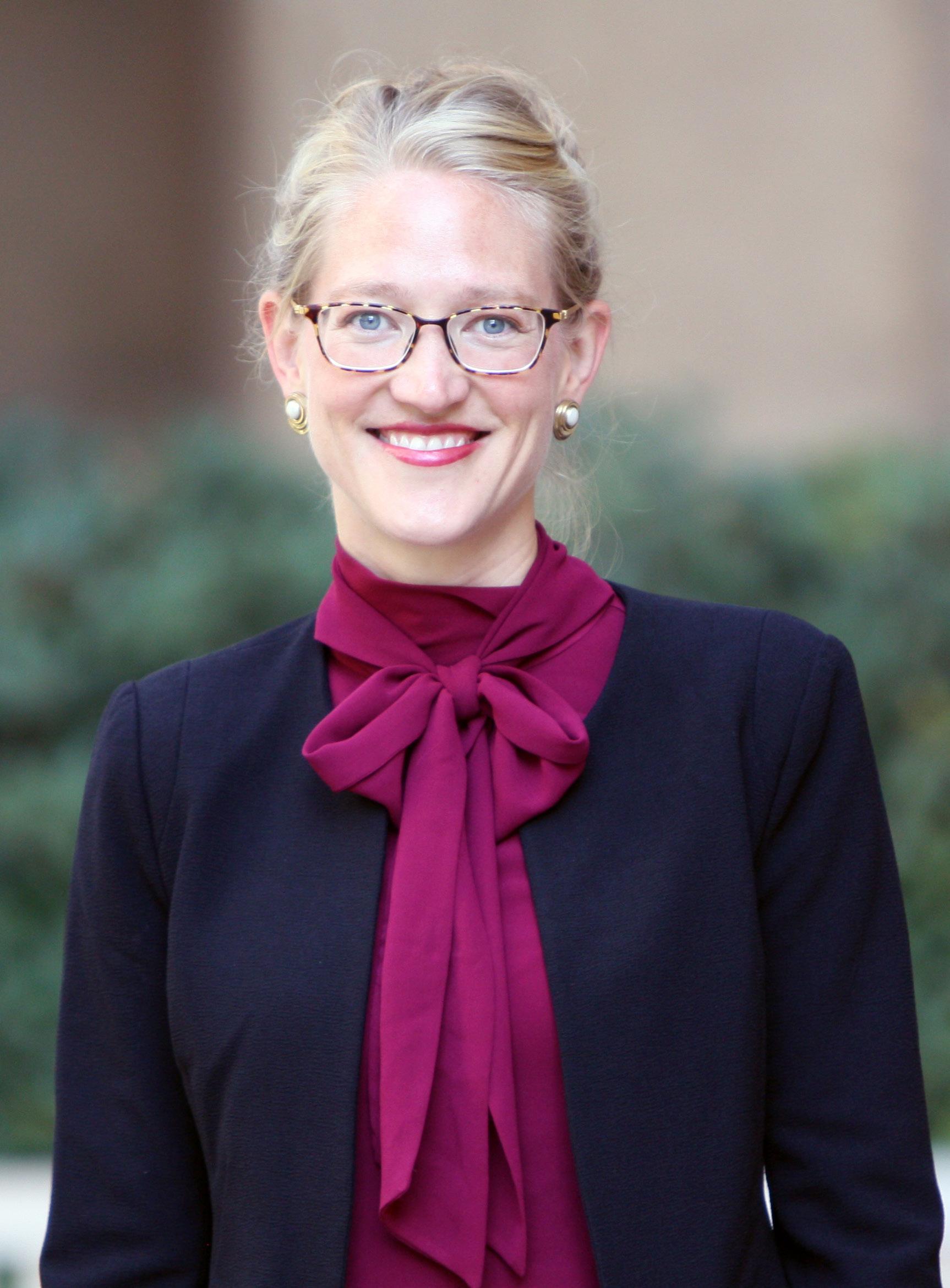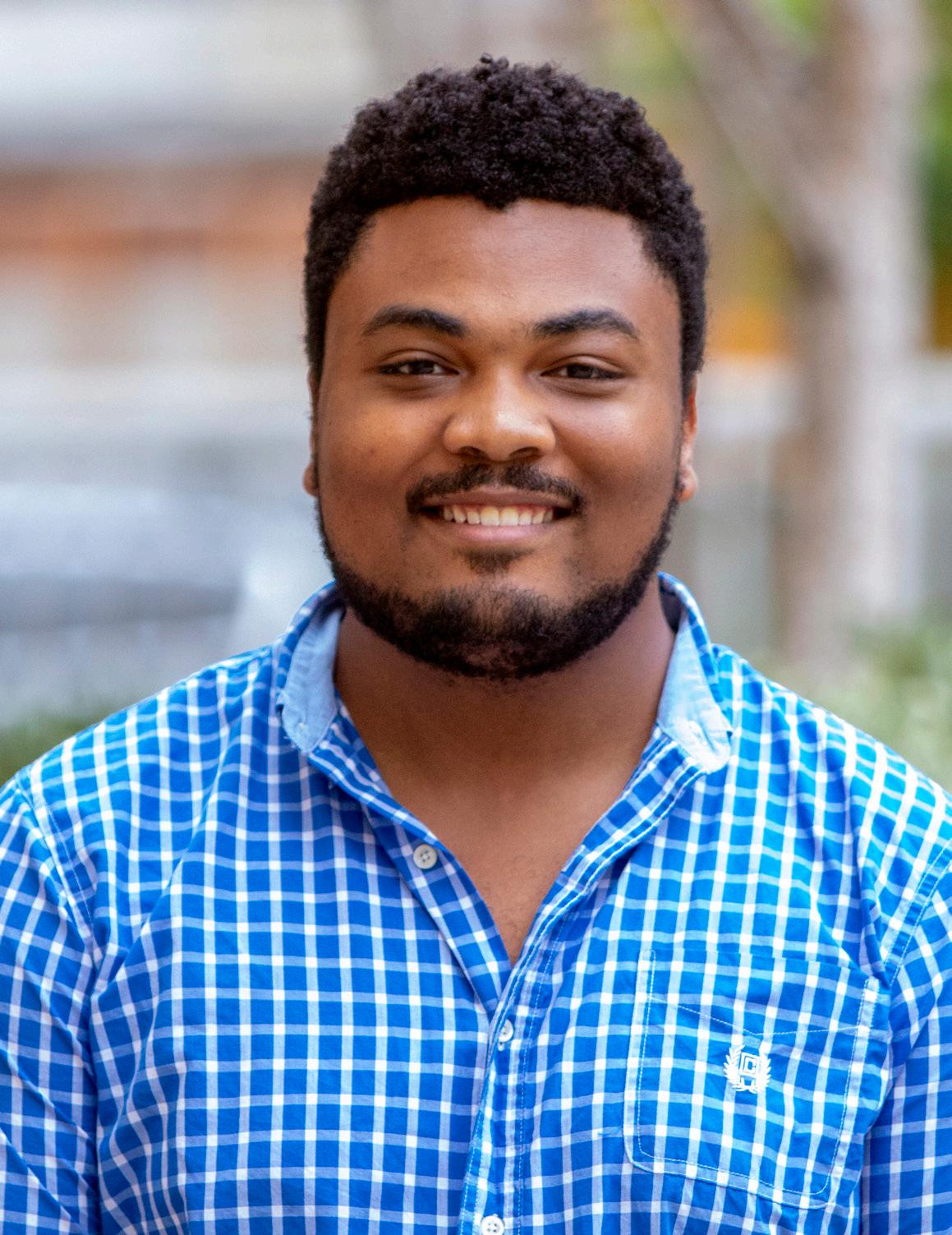
17 minute read
A commanding presence
Maj. Gen. Laura Yeager’s unwavering work ethic propelled her to unprecedented heights in the Army, making the ’86 UCI psychology alumna a role model for women and girls
Sunny Zaman (center) with team members at a company event in Chicago.
Advertisement
Laura Yeager.
When Laura (Brandt) Yeager joined the U.S. Army Reserve Officers’ Training Corps during her freshman year at UCI in 1983, she viewed it as a means to an end, rather than an end in itself. The daughter of an Army helicopter pilot and Vietnam War veteran, Yeager had no intention of following her father’s footsteps into a military career; she simply needed money to pay her tuition – and the ROTC offers college scholarships in exchange for service after graduation. Since UCI didn’t yet have an ROTC program, she joined the one at nearby Cal State Long Beach. “The more Army training I did, though, the more I found that I really liked it and I was good at it,” Yeager says. “So I thought, ‘Why not just do this for my job?’”
Her ascent through the ranks to major general over her 36-year Army career is proof that she’s not just good but exceptional. A helicopter pilot with more than 1,500 flight hours and a veteran commander with experience battling everything from forest fires to drug trafficking, Yeager has earned a raft of ribbons and medals for leadership. But her latest promotion caught the world’s attention, when she shattered the Army’s brass ceiling and became the first woman to head an Army infantry division.
At a ceremony this June in Los Alamitos, upon the formal passing of the regimental flags, Yeager, 55, took command of the California National Guard’s 40th Infantry Division, which has fought on fronts ranging from Kosovo to Korea and from France to the Philippines during its storied 102-year history.
While Yeager’s decision to join the military may not have been directly inspired by her father, retired California National Guard Maj. Gen. Robert Brandt, her approach since entering the Army certainly has been. “He instilled values that have made me successful not just on the career side but in managing all the different things you have going on in your life,” she says. Punctuality is a priority, Yeager learned, as is an unwavering work ethic. “There are many people smarter than me,” she says, “but I will outwork pretty much anybody.”
Likewise, Yeager has found her degree in psychology, which she earned at UCI in 1986, an advantage since her first command out of college, as a platoon leader.
Yeager was accepted to helicopter flight school within her first two years of active duty, at a time when few women were earning their wings, let alone flying choppers. “I love the feeling when you pick up off the ground to a hover and the ability to maneuver in closely to the terrain,” she says. “It’s just magical.”
While in flight school at Fort Rucker, Alabama, she met her copilot for life, an Army officer named Curtis Yeager. tunity arose to transition out of active duty and into the Army National Guard reserves back home in California, Yeager seized it to spend more time with their growing family. “Our quality of life was so much better,” she says. Their four sons are all now grown; Scott, 24, is a specialist in the Army Reserve.
When her husband retired in 2005, Yeager resumed full-time active duty with the California National Guard, which responds to not only military emergencies but natural disasters.
For example, in 2008, Yeager coordinated the air response to severe wildfires in Northern California. “We were so overwhelmed with requests for helicopters that we had to reach out to other states,” she says.
“My job was to find crews, get them out here, and get them everything they needed.” In all, crews from 14 states came to California’s aid.
In fall 2010, Yeager deployed to Iraq as assistant commander of the California National Guard’s 40th Combat Aviation Brigade. She battled blistering heat and blustering dust storms while flying seven- to eight-hour shifts in a UH-60 Black Hawk helicopter.
“I loved it,” she says. “I was doing what I had been trained to do as part of a great organization that was doing its mission well. Our brigade had more than 260 aircraft in Iraq and flew over 100,000 hours, and we brought everyone home safely. That deployment is the highlight of my career.”
It was at this point, as a colonel, that Yeager started garnering attention for being among the few female officers in the room – if not the only one.
“People would say, ‘You’re the first female’ in this role or that role,” she says. “I didn’t really notice. To me, it was just my next job.”
Her next promotion – to commander of the 40th Combat Aviation Brigade – placed Yeager in treasured company: Her father once held the same position. “In the hallway at brigade headquarters in Fresno are pictures of previous commanders,” she says. “I love the fact that my dad’s picture is up there and then, so many pictures later, there’s mine.” The task force draws on all branches of the military to provide support for federal law enforcement operations to prevent illicit drugs from entering the country. “It’s very important work,” Yeager says, “and with the opioid crisis, it’s needed now probably more than ever.”
Today, with her groundbreaking leadership of the 40th Infantry Division, she recognizes that she’s regarded as a role model not only for her own troops but also for the women already in the armed forces (they account for 16 percent of personnel) and those contemplating a military career. “I tell people, ‘It’s very simple. The Army tells you exactly what it needs you to do. You achieve that objective, and you’ll be successful,’” Yeager says. “It’s a great career that pays well and has fantastic benefits, and you get to work with the best people.”
She has reached out to younger females through presentations about STEM and military careers to Girl Scouts and Whirly-Girls, a nonprofit dedicated to advancing women in helicopter aviation. “Dads will bring their little girls up to me and say, ‘Look, honey, you could do this,’” Yeager says. “I love that [my position] is meaningful for them.”
Her new command involves keeping more than 10,000 troops – scattered among nine states and territories – equipped and prepared for deployment to places unknown.
“The world is in such a state of disarray right now, with so many threats out there,” Yeager says.
“It’s important for me to continue to take this organization forward and, frankly, be ready for whatever comes down the pike.” •
studying those who SERVE
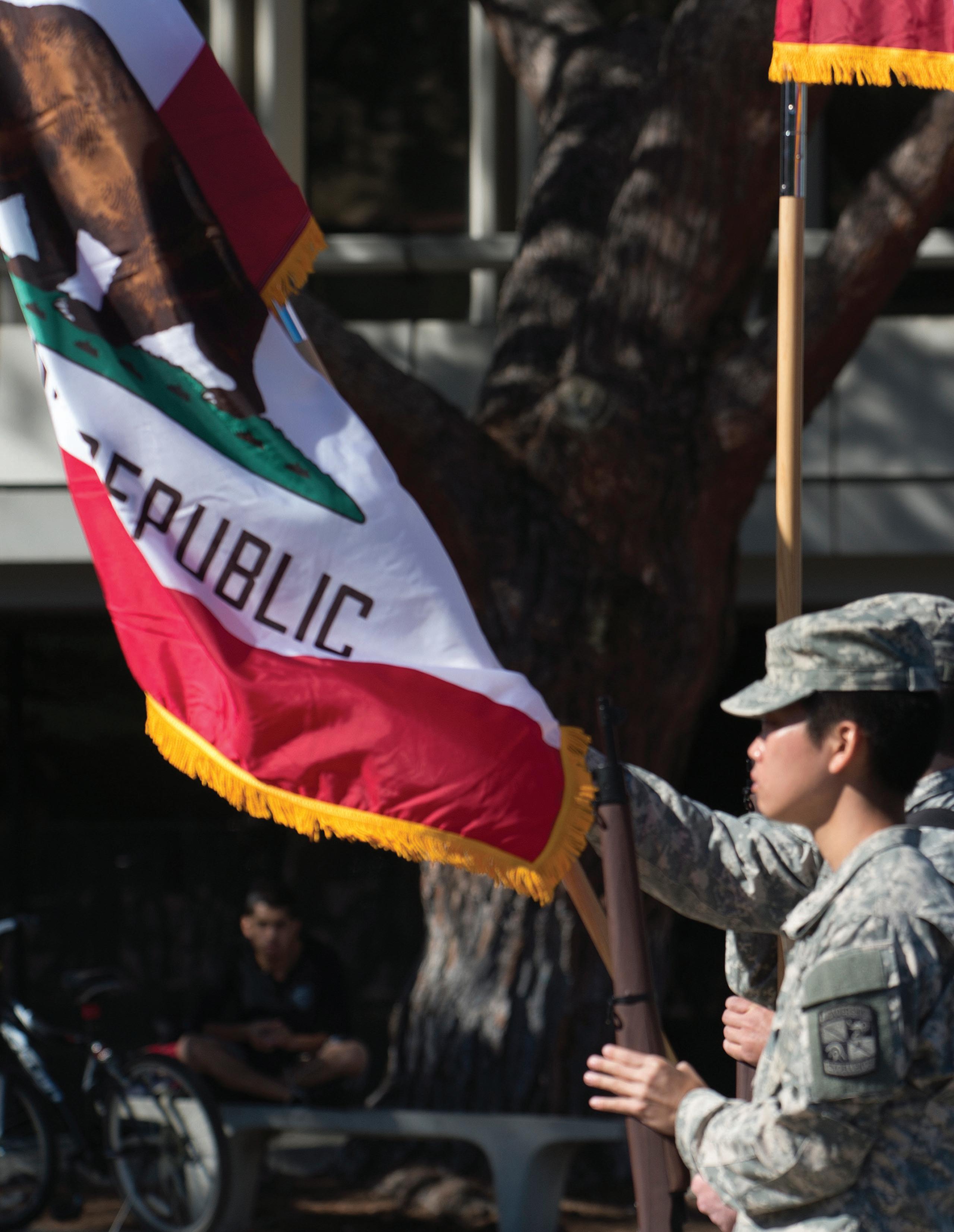
UCI is 4th institution in nation to offer certificate program examining veteran community
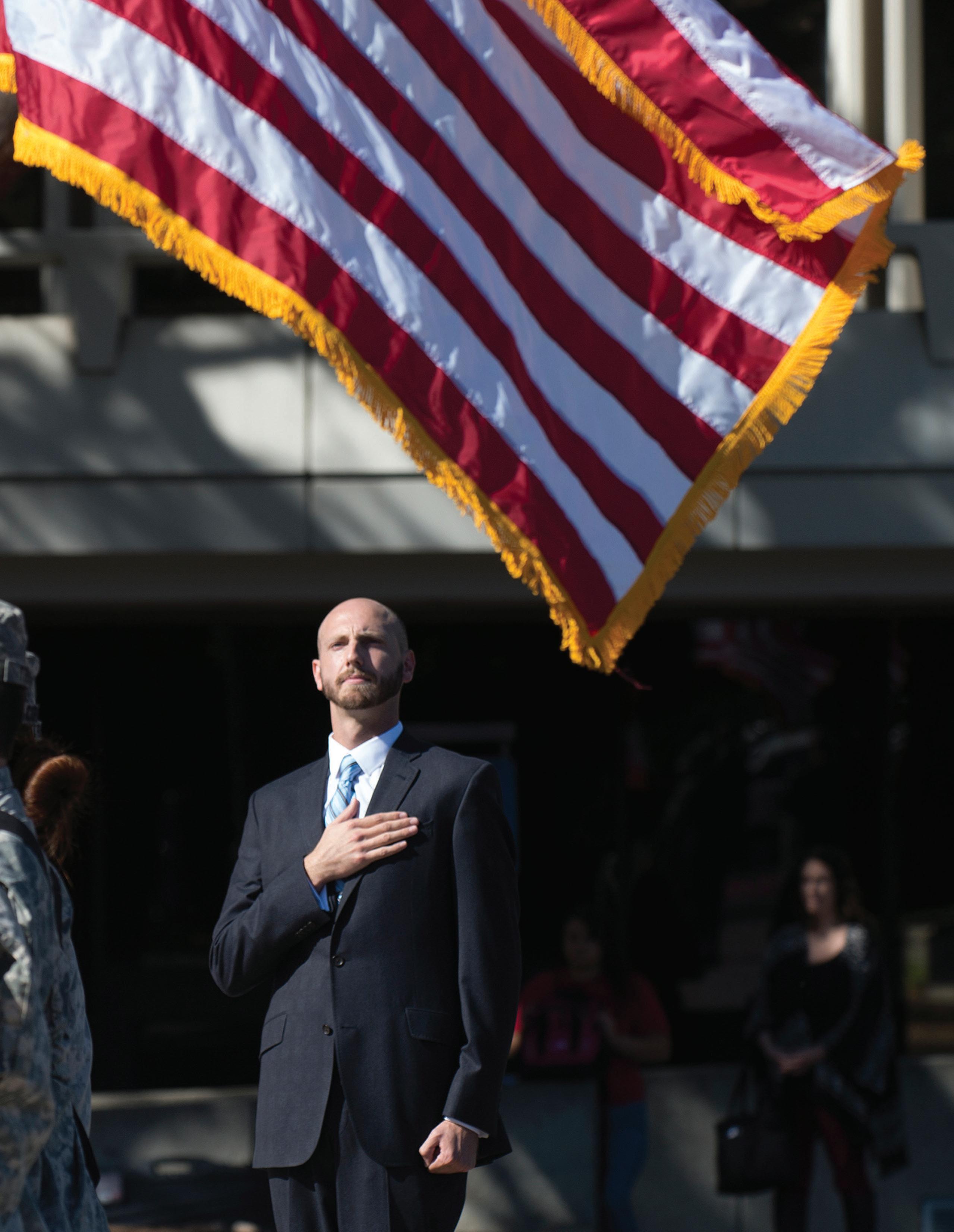
When people think of underrepresented groups in academia, veterans generally aren’t the first to come to mind. UCI’s School of Social Sciences hopes to change that. In January, the school offered the first of three courses in a new certificate program focusing on veterans and their multiple roles in U.S. history and society.
Dean Bill Maurer and Anita Casavantes Bradford, associate professor of Chicano/ Latino studies and history, conceived of the program as a way to raise the visibility of the veteran community, help vets feel more included on campus, and serve workforce needs.
“The School of Social Sciences by nature questions identity and empowers difference,” says Maurer, a cultural anthropologist and sociolegal scholar. “This certificate program will share veteran experiences from wide and varied angles – gay, straight, brown, black, white, male, and female. We must ask questions so that the totality of what it means to be a vet is examined. The social sciences are uniquely equipped to ask these questions.”
“Too often, veterans are portrayed as either heroes or damaged,” Casavantes Bradford adds. “Drawing upon critical insights from disciplines like Chicano/Latino studies and gender & sexuality studies, our curriculum will explore the complexities of veterans as whole people.”
Open to all undergraduates – veterans or not – the program encompasses three classes: Veterans in History and Society; Veterans’ Voices: Culture, Identity and Expression; and Veterans’ Transitions. It’s intended for students aspiring to careers in a wide range of fields, including healthcare and law, who expect to work with former military members.
The veterans studies program fills a critical need, given that there are 18 million veterans living in the U.S. today, making up 7 percent of the population, according to the most recent census data. It also fills a gap in career training identified by the U.S. Department of Veterans Affairs, which noted a scarcity of job applicants with broad knowledge of this demographic. “When we began to explore the idea of a certificate program focused on veterans studies, we were shocked to find only three places in the nation offering something similar,” Casavantes Bradford says. “Not only will we be the only institution in California providing this program, but we’ll also be the only one west of the Mississippi River.”
The novel course of study is the latest manifestation of UCI’s commitment to veterans, specifically the 300 or so student veterans on campus.
The university’s Veteran Services Center, a division of Student Affairs, assists them in transitioning to college, helps manage their GI Bill benefits, and celebrates veteran culture through events on Memorial Day and Veterans Day. A new director for the center, Army vet Dani Molina – who founded the Veterans Resource Center at Cal State Los Angeles – was named in fall quarter.
UCI veteran suicide researcher and U.S. Navy vet Harwood Garland, who taught Veterans in History and Society in winter, says: “People need to know that we are more than damaged or dangerous. Through this program, we can improve the way vets are perceived in our culture. We’ll discuss unique veteran experiences like deployments, homecoming, and transitioning out of the military.
“Three veterans have earned Nobel Peace Prizes, but they aren’t much talked about. Just last year, two Marine Corps veterans won a prestigious UCI robotics competition. There is plenty of evidence that veterans want to be – and can be – valuable assets to their communities. I hope this program helps the next generation of veterans and nonveterans figure out how to make that happen.”
Adds Maurer: “What we deem worthy of academic study – and how we approach that – says a lot about what our society values. By providing a space for studying and learning about veterans, we hope to validate this UCI student community. We’re saying to them, ‘You are important.’” •
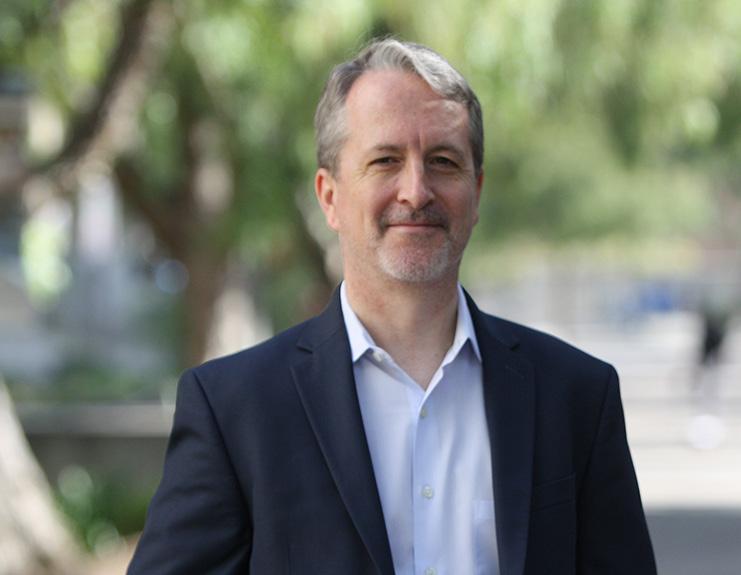
Kai Wehmeier.
international recognition
Kai Wehmeier, logic and philosophy of science professor, receives Humboldt Prize for outstanding academic research career
Kai Wehmeier, UCI logic and philosophy of science professor, has been named a 2019 recipient of the Humboldt Research Award. Granted by the Alexander von Humboldt Foundation in Germany, the honor recognizes outstanding academic researchers “whose fundamental discoveries, new theories, or insights have had a significant impact on their own discipline and who are expected to continue producing cutting-edge achievements in the future.”
The honor includes a €60,000 cash prize and the opportunity to spend up to one year collaborating on a long-term research project with colleagues in Germany.
Wehmeier’s research applies techniques from mathematical and philosophical logic to investigate notions fundamental to contemporary theoretical philosophy and formal semantics, including necessity, identity, and the compositionality of linguistic meaning. His research often draws on insights by Gottlob Frege, the founder of modern logic, to the study of whose work Wehmeier has contributed significantly. Wehmeier holds a master’s in mathematics from UC Berkeley and a master’s in philosophy from Universität Bochum, Germany, as well as a Ph.D. in mathematical logic from the Universität Münster, Germany. Before joining the UCI faculty in 2002, he held a postdoctoral fellowship at Leiden, The Netherlands, and a faculty appointment at Tübingen, Germany. During his 18-year tenure at UCI, Wehmeier has also held visiting professorships at the University of Mannheim, Germany, University of Cologne, Germany, and Université Nancy, France.
At UCI, he founded and continues to direct the Center for the Advancement of Logic, its Philosophy, History and Applications, a cross-disciplinary research unit with faculty from the schools of social sciences, physical sciences, ICS, and law. His research has been published internationally in academic journals including the Journal of Philosophical Logic, the Journal of Philosophy, Philosophical Studies, and Linguistics and Philosophy, among others. In 2017-18, Wehmeier was a fellow of the National Endowment of the Humanities. •
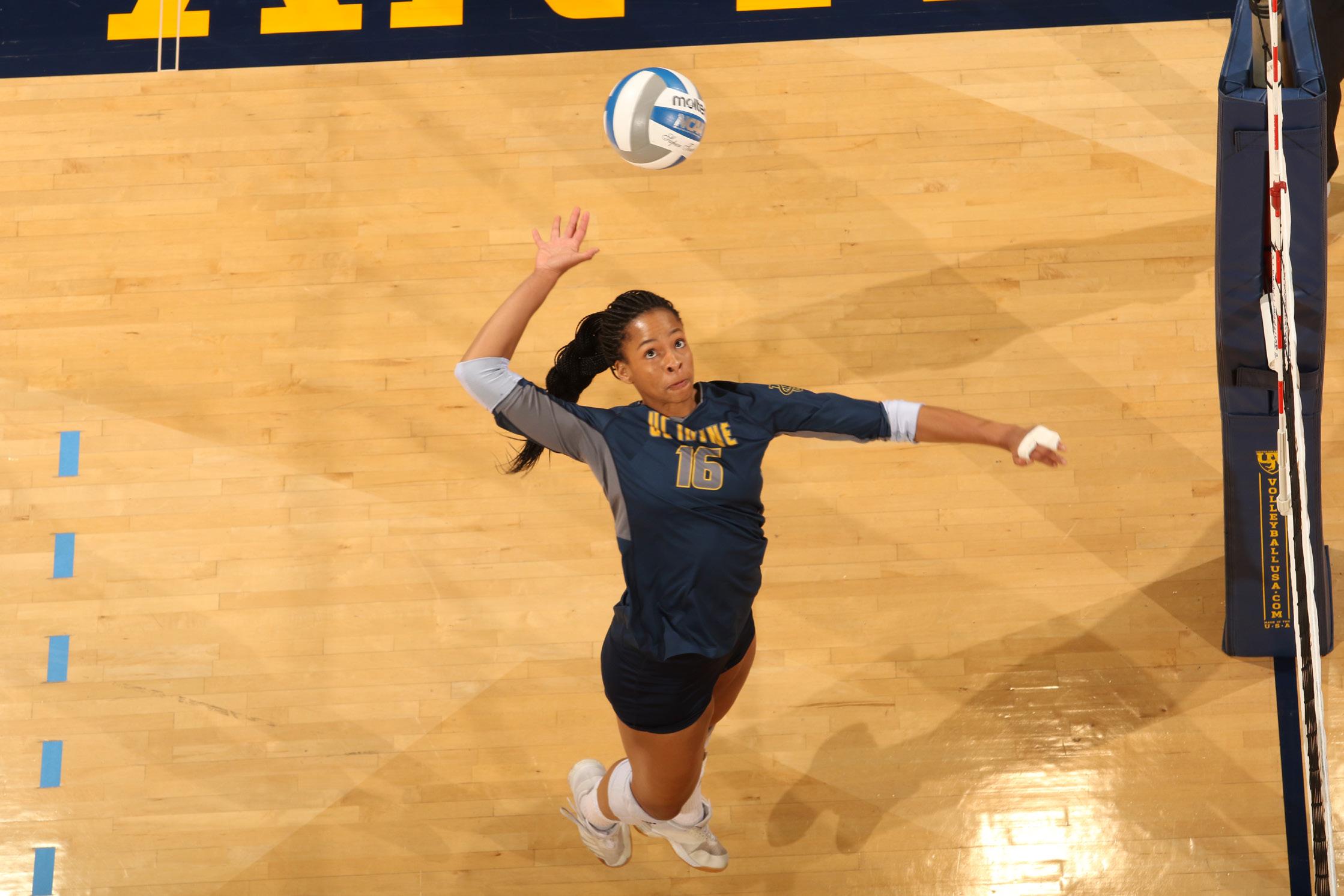
holding COURT
Loryn Carter ‘20 political science is a force to be reckoned with, both on and off the volleyball court.
Senior UCI volleyball player and political science major Loryn Carter reflects on her time at UCI
UCI senior Loryn Carter ’20 makes quite an impression. At 6’3”, she’s hard not to notice. But it isn’t just her height that garners attention: Carter’s skills on the volleyball court, as well as her leadership roles on campus, have carved out an impressive legacy during her time as an Anteater.
A political science major, Carter will graduate this spring. As her time on campus comes to a close, Carter reflects on the experiences that have shaped her college career, as well as the path that led her to where she is today.
An early leader Carter grew up in Pomona, CA with her parents Bill and Lori and her older sister, Selby. Selby played volleyball, and like many younger siblings, Loryn was dragged along to her sister’s practices. When her mom discovered that there was a team for Loryn’s age group practicing at the same time, Carter was soon signed up and on the court. She quickly found her footing in the game that she would grow to love, and she played club volleyball starting in sixth grade.
Carter attended St. Lucy’s Priory High School in Glendora and was a standout on the volleyball team. While in high school, Carter attended a volleyball camp at UCI along with some of her teammates. She so loved the experience that Carter committed to play volleyball for UCI at the end of her sophomore year.
Loryn Carter.
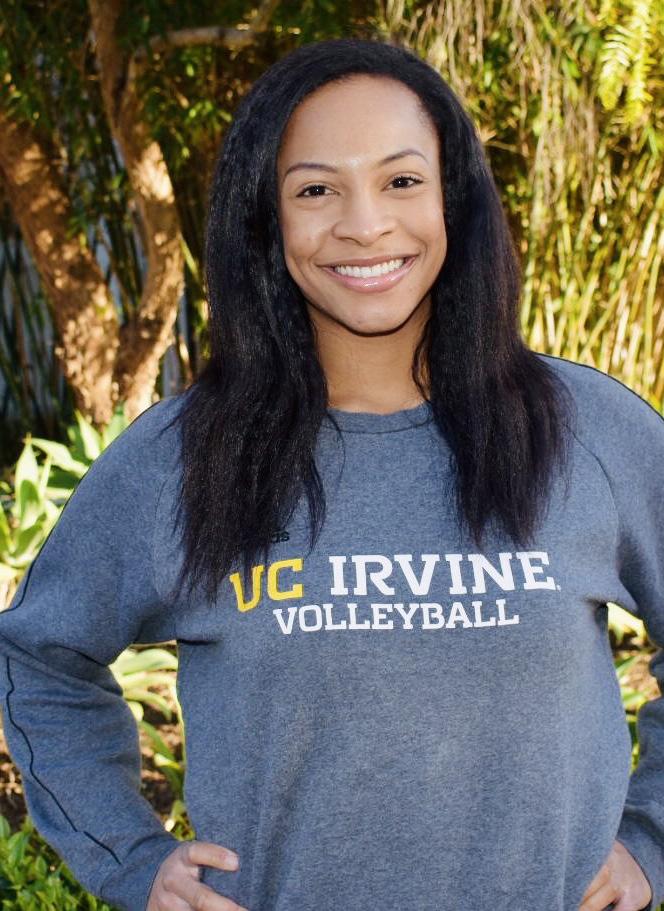
Ashlie Hain (‘04) – who’s been the UCI head coach since the year before Carter arrived – developed a close relationship with Carter built on mutual respect.
“As a Division I student-athlete, Carter excelled in the classroom, was an exemplary teammate and got to practice each morning well prepared and enthusiastic about the day’s work ahead,” says Hain. “Around the athletic facilities and main campus, she’s a familiar and friendly face that exemplifies what it means to be an Anteater.”
Carter has proven herself to be a leader off the court as well, serving as 2019 team captain, as well as holding a position on the NCAA Student-Athlete Advisory Committee, which provides a forum for communication and feedback to improve the overall experience for student-athletes.
“She was very influential in many of the decisions that we made for our student athletes,” says Alexis McDonald, assistant athletic director, academic & student services, who’s worked with Carter on the committee and been impressed by Carter’s proclivity to lead. “Her work ethic and leadership are both commendable and a great representation of the character that she exudes and that we hope to see from our student athletes.”
Carter was also selected to the Big West All-Academic team in 2019 and 2020, and was one of 20 volleyball players selected to the 2018 First Team All-Big West by the Big West Conference.
Finding balance Being a student athlete requires dedication to both academics and athletics, and the pressures of both can be significant, particularly at the NCAA Division I level. Carter views handling the demands of both as an opportunity.
“I looked at it as a challenge: I was excited about school,” says Carter. “I just really wanted to soak up as much as I could while I could because this is an extremely fortunate opportunity that I am in.” “The reason I say full-time for student and athlete is that it requires a unique and demanding dedication to both to succeed as Loryn has.”
Future community leader Off the court, Carter’s interest in politics was piqued early on and encouraged by her parents. It was a family tradition to watch “This Week” with George Stephanopoulos together and discussions about the current political climate often ensued.
When she entered UCI, Carter was originally a business economics major. However, the 2016 election prompted her to change her major. “I’m really interested in politics - I want to figure out how I can make a change, whether it’s at the local, state, or national level,” she says. “I feel like there’s just so much that needs to be done.”
The courses that Carter has taken have shaped her interest in politics and focused her attention on where she’d like to take her career. Her honors thesis is a study of the achievement gap between black and white students. In her thesis, she’s looking at educational environment, and studying different factors that contribute to the achievement gap, such as early childhood development, funding, neighborhood economics, and more. In addition, Carter is proposing sample policy recommendations.
Working with Carter on her thesis is James Danziger, political science professor emeritus. Danziger sees in Carter the attributes that have contributed to her success in both athletics and academics.
“As a former student-athlete myself, I recognized in Loryn someone who has the capability and drive to excel in both domains,” says Danziger. “Loryn will be an alumna of whom UCI will be very proud.”
Carter is also minoring in urban and regional planning to gain a tangible sense of how to make change in communities. “By combining my major and minor, I’ve been able to focus on things like economic development, sustainability, housing,” she says. “It’s given me a nice history of the federal, state, and local policies that have shaped the way our cities are made up.” •
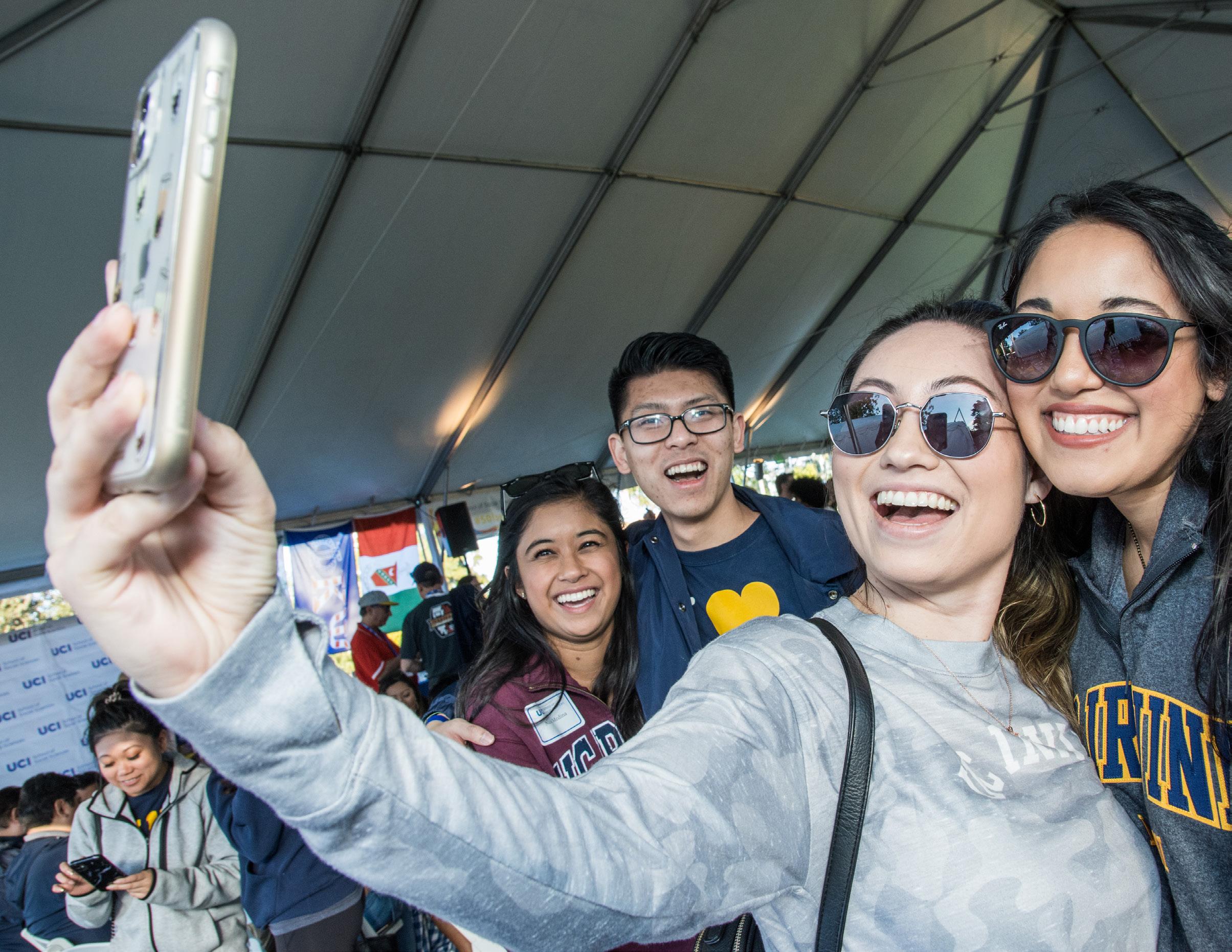
ALUMNI NETWORK
Learn how you can get involved in a network more than 50,000 Anteaters strong
The UCI Social Sciences Alumni Network is a community of 50,000+ Anteaters worldwide who once called the School of Social Sciences home. Expand your influence and access lifelong learning events, networking mixers, and social gatherings by becoming an active member of the UCI Social Sciences Alumni Network.
The network helps advance the personal and professional development of our alumni, deepens alumni connections with the school and university, and builds a culture of philanthropy and lifelong learning. Involvement in the network connects you with an alumni base through exclusive online and regional events - ensuring that your time on campus was only the beginning of a lifetime of learning and fulfilling relationships.
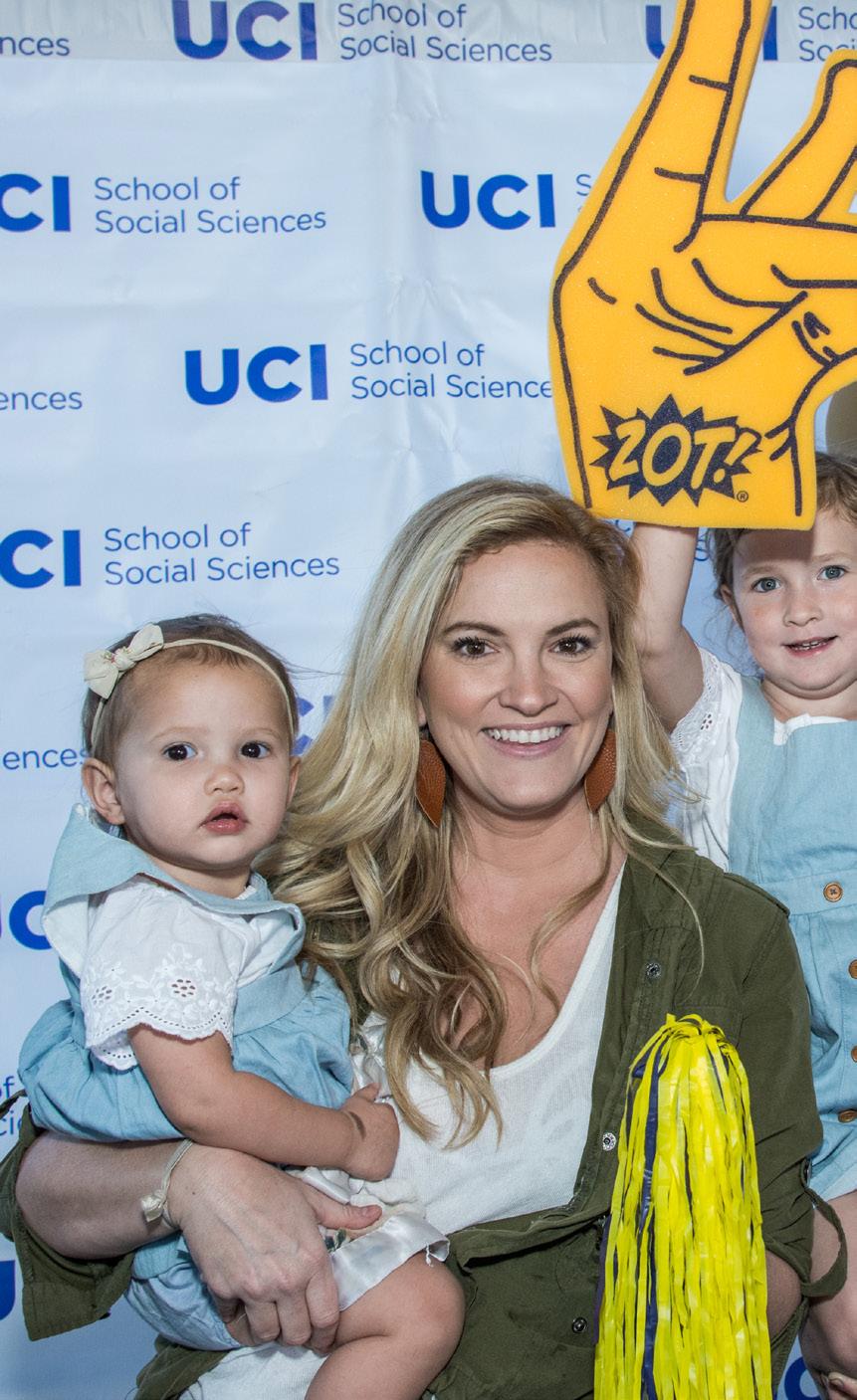
The network also helps us harness the power of our bold Anteater alumni base through our #50for50 campaign, With more than 50,000 social sciences alumni, if everyone makes a $50 donation, that’s $2.5 million! Together - that’s the power of #50for50.

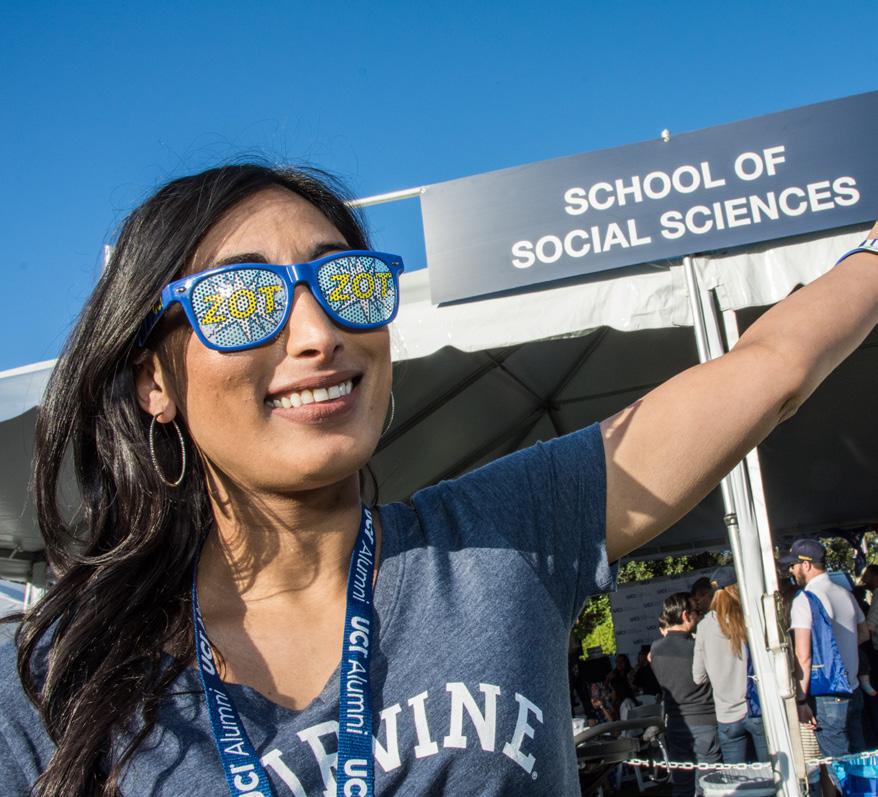
connect with us

online www.socsci.uci.edu
@ucisocsci
@ucisocialsciences
email alumni@socsci.uci.edu communications@socsci.uci.edu
phone 949.824.2766
in person Social & Behavioral Sciences Gateway 5th Floor Dean’s Suite
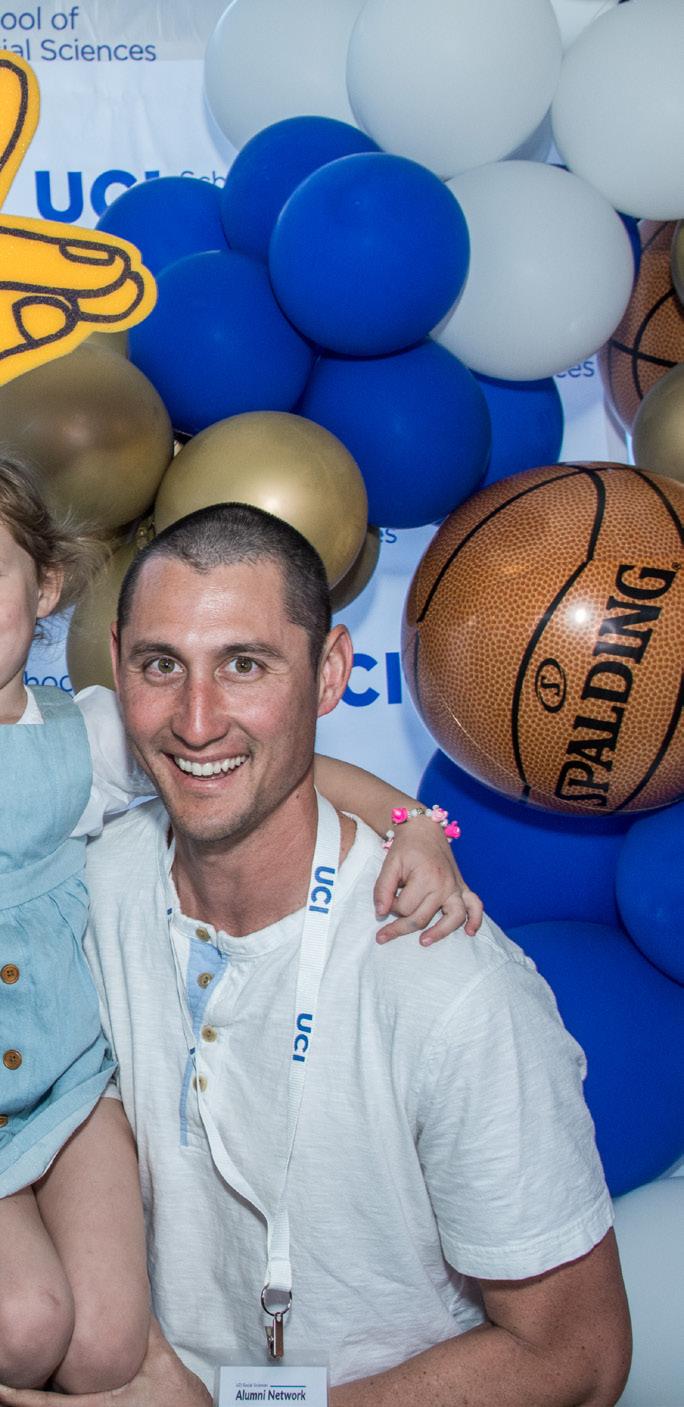
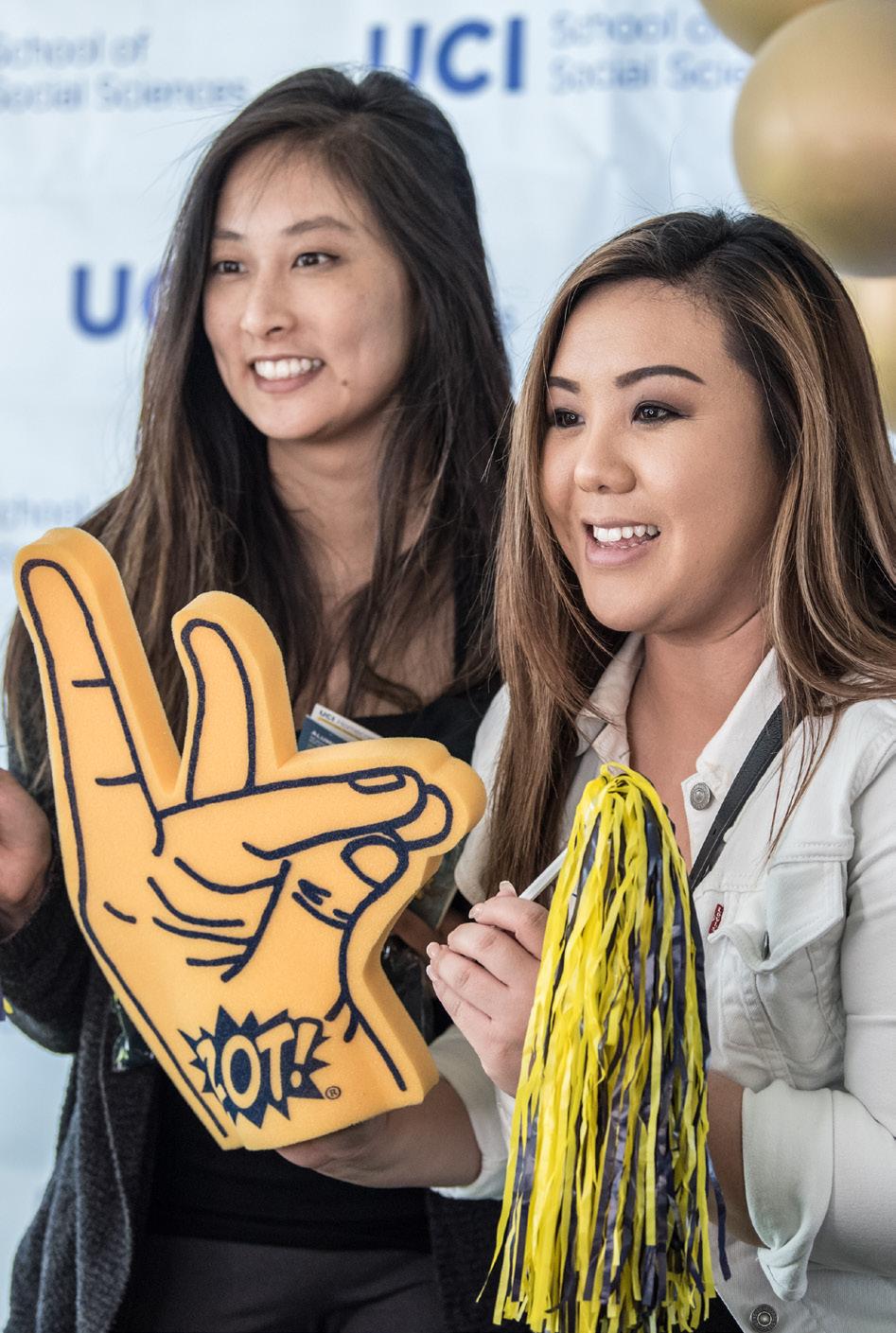
mail UCI School of Social Sciences 3151 Social Science Plaza Irvine, CA 92697-5100
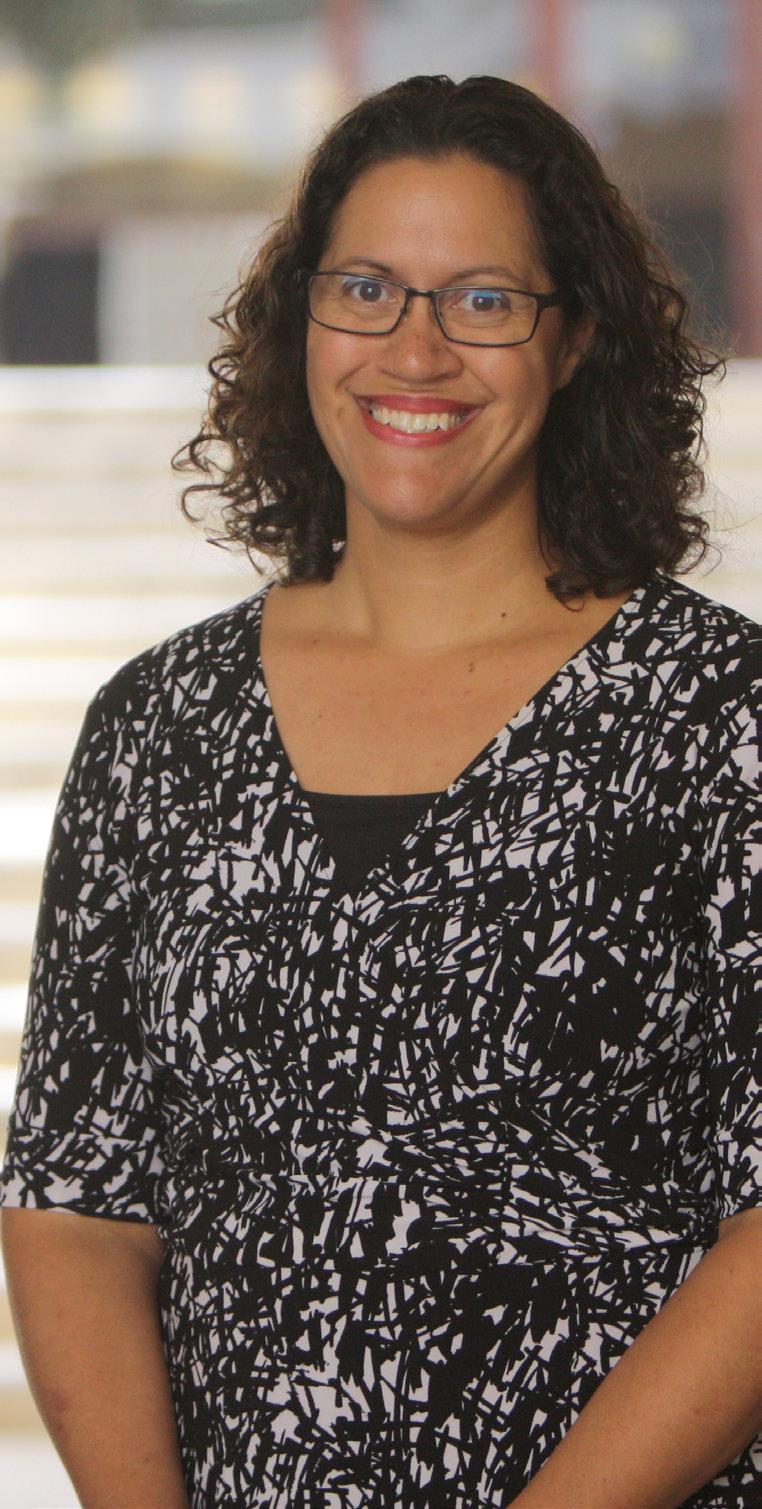

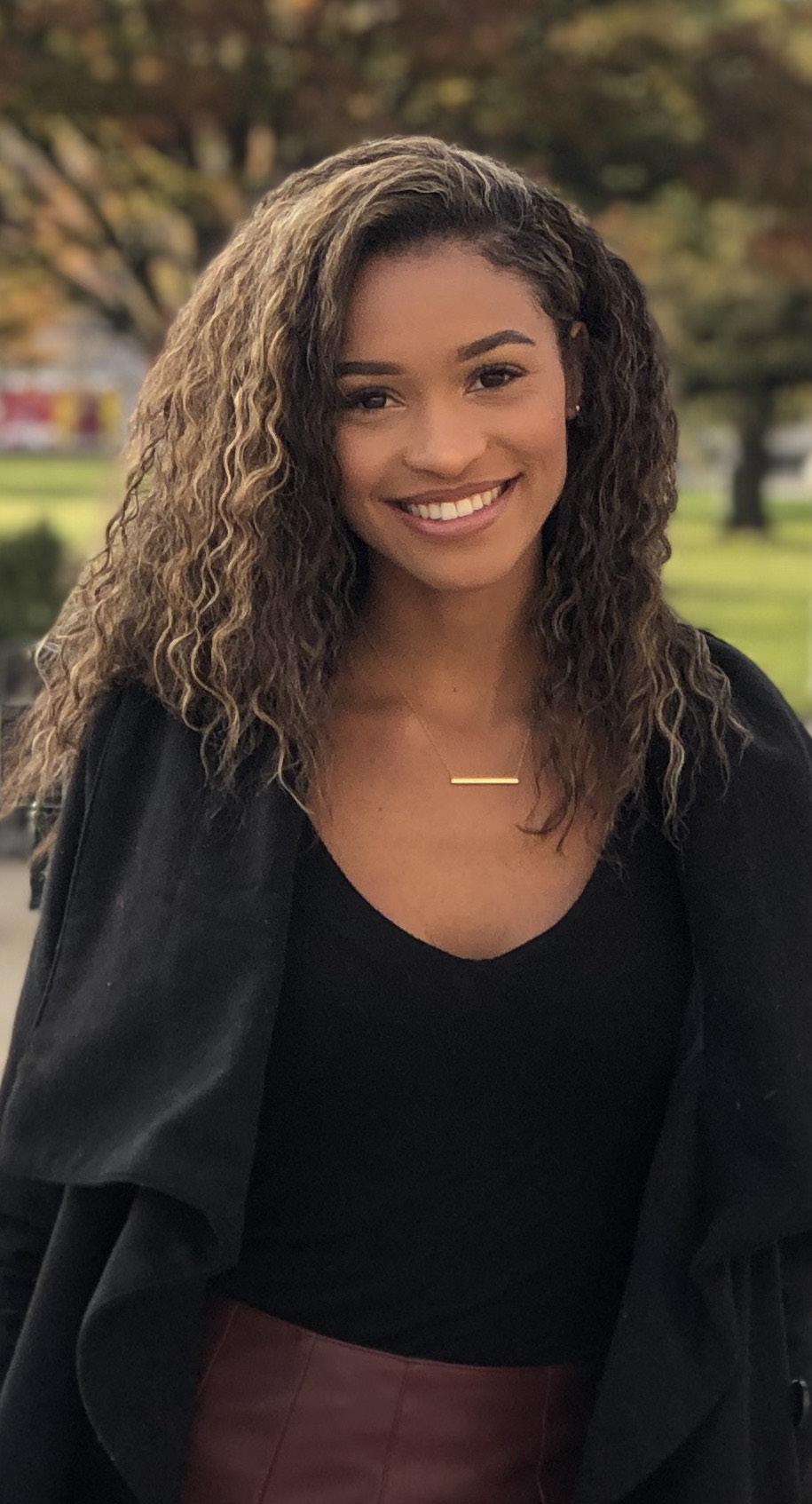

BOLD



